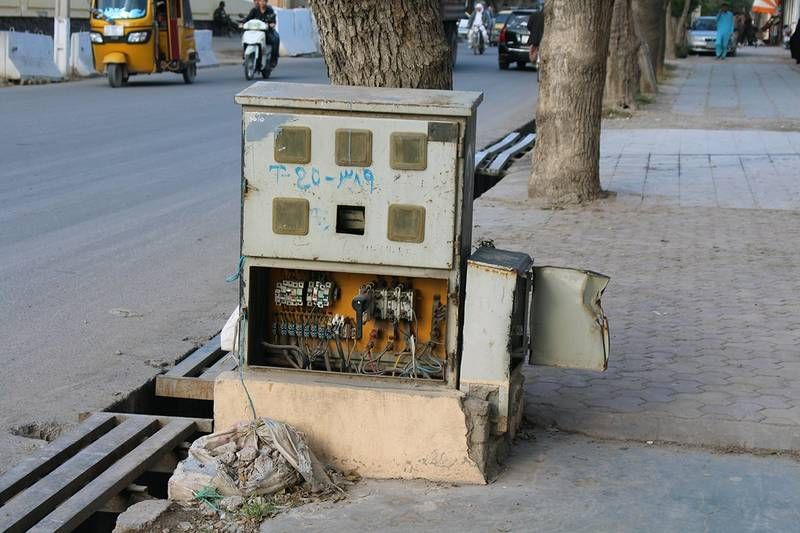RASC News Agency: At a time when millions of Afghanistani citizens are grappling with unprecedented economic hardship many unable to afford even a daily meal the Taliban regime has introduced yet another means of extracting money from an already-impoverished population. The latest imposition: a compulsory monthly fee of 200 kabuli rupees from each household, allegedly for the “protection” of electric meter boxes. This move has sparked a wave of anger and resentment across Kabul, with residents denouncing it as blatant extortion masquerading as public service. In interviews conducted by RASC correspondents, numerous Kabul residents recounted being coerced into paying this fee solely because their electric meter boxes are installed outside their homes or in shared apartment corridors despite the fact that these units are already locked or encased in protective covers provided by the residents themselves.
Abdul Wahid, a construction worker from the Taimani neighborhood, voiced his outrage: “I toil all day just to earn 200 kabuli rupees now I’m being forced to surrender that for a meter box I’ve already secured myself. What kind of logic is this? This isn’t protection; it’s extortion under the barrel of a gun.” Zarmena, a mother of four living in District 3, was equally scathing: “The Taliban provide no electricity, no security, no services yet they demand money for something they’ve neither installed nor maintained. They call it protection, but from whom? There are no thieves only the Taliban themselves showing up and demanding money.”
Sharifullah, a small grocer operating in the Pul-e-Khishti area, described the so-called fee as a new form of economic pressure under the regime’s tightening grip: “This so-called protection money is just a pretext. No one sees any actual service or protection. It’s just a different name for the same old tactic intimidation and financial coercion. Every week, they invent a new way to drain the people.” RASC News reached out to Taliban officials for comment. As of publication, no response had been provided. In numerous cases, Taliban authorities have chosen not to engage with journalists, and in some instances, have reportedly resorted to threats and intimidation to obstruct investigative reporting another sign of the regime’s hostility toward transparency and accountability.
Kabul residents warn that if this practice continues, the already exorbitant cost of living will soar to unsustainable levels. Some families are now being forced to reduce their use of electricity or even withdraw their children from school to offset the added expenses. Experts argue that the Taliban’s actions constitute not only a violation of basic legal and ethical standards but also a dangerous misuse of state power. “This is not governance; it’s institutionalized exploitation,” said one civil society observer. “They are systematically monetizing every aspect of daily life using their monopoly on violence to extract wealth from the poorest members of society.”
In a city already reeling from rolling blackouts, mass unemployment, and deepening food insecurity, the Taliban’s latest financial imposition has only fueled further public despair. While the regime continues to operate with impunity, Afghanistani citizens are left to pay the price both literally and figuratively for the Taliban’s extractive and authoritarian rule.






